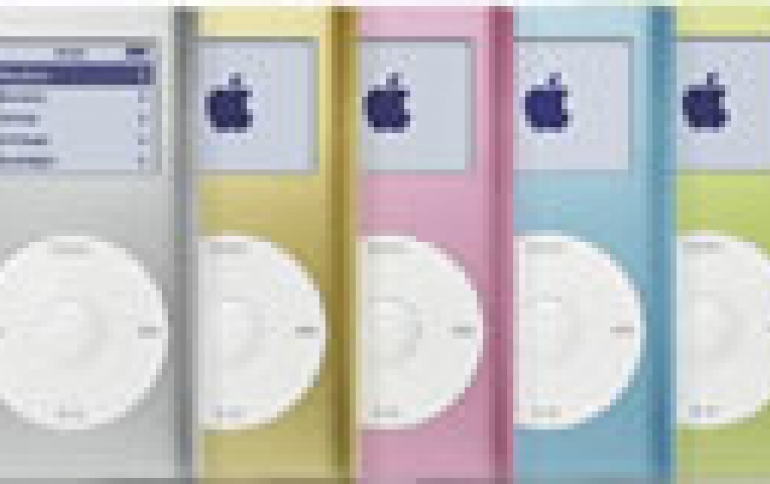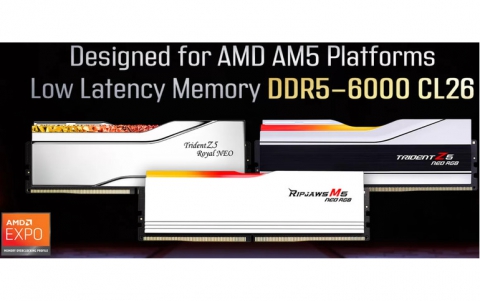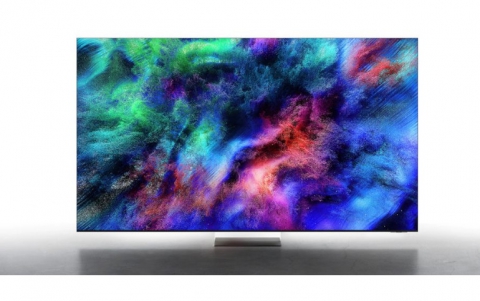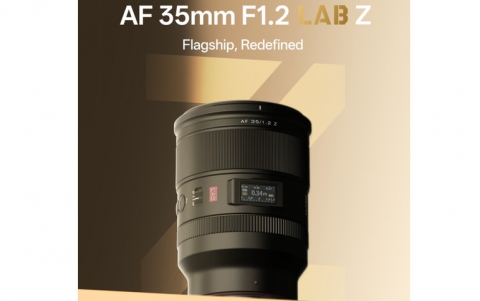
Apple to Buy 40% of Samsung's Flash Chips-Analysts
Apple plans to buy as much as 40 percent of Samsung's flash memory output in the second half for its new flash-based iPod Mini MP3 player, iSuppli and Deutsche Bank analysts said on Wednesday.
Apple , known for its wildly popular iPod digital music player, is expected to introduce a
4-gigabyte version of the iPod Mini that uses NAND flash memory instead of a hard disk drive for
the Christmas season.
"To support production of its flash memory-based iPods, Apple has booked as much as 40 percent of the NAND output of Samsung for the second half of 2005, according to our industry sources," said iSuppli Corp. analyst Nam Hyung Kim.
"We're not sure now many of the new iPods Apple can sell this holiday season, but 40 percent would be the maximum in terms of their demand," he added.
South Korea's Samsung is the world's largest producer of NAND flash memory, used in hot-selling MP3 music players, digital cameras and high-end mobile phones, commanding a 55 percent share of the market.
Apple shipped 6.2 million iPods -- about 1 million more than Wall Street's expectations -- in the fiscal third quarter ended June 25, as its net profit jumped five-fold.
A Samsung spokeswoman declined to comment, citing customer confidentiality.
Apple already buys flash memory chips for its iPod Shuffle player from Samsung.
"If Apple can sell 4 million units of its flash-based iPod in the fourth quarter, that demand alone will account for 36 percent of Samsung's fourth-quarter NAND capacity of 11 million units," said Deutsche Bank analyst D.J. Yook.
Nam said Samsung has aggressively courted Apple, offering extremely low prices on its NAND chips to encourage the firm to switch to flash memory instead of hard disk drives for its iPods.
The price of NAND flash chips is about double that of hard disk drives at the 4-gigabyte capacity level.
"With its abnormally high profit margins for NAND flash, we believe Samsung still will make money on this deal," said Nam. "For Samsung, sewing up the iPod memory business is well worth the reduction in margins."
Analysts said the December quarter traditionally accounted for about 50-55 percent of Apple's annual iPod shipments. This suggested Apple could ship at least 15 million iPods in the coming Christmas quarter if past trends continued, creating an acute shortage in the global NAND flash market.
This tighter supply would also be combined in a rare instance with cheaper flash memory chips, as Samsung's low price quotes would depress average prices in the industry, analysts said.
"To support production of its flash memory-based iPods, Apple has booked as much as 40 percent of the NAND output of Samsung for the second half of 2005, according to our industry sources," said iSuppli Corp. analyst Nam Hyung Kim.
"We're not sure now many of the new iPods Apple can sell this holiday season, but 40 percent would be the maximum in terms of their demand," he added.
South Korea's Samsung is the world's largest producer of NAND flash memory, used in hot-selling MP3 music players, digital cameras and high-end mobile phones, commanding a 55 percent share of the market.
Apple shipped 6.2 million iPods -- about 1 million more than Wall Street's expectations -- in the fiscal third quarter ended June 25, as its net profit jumped five-fold.
A Samsung spokeswoman declined to comment, citing customer confidentiality.
Apple already buys flash memory chips for its iPod Shuffle player from Samsung.
"If Apple can sell 4 million units of its flash-based iPod in the fourth quarter, that demand alone will account for 36 percent of Samsung's fourth-quarter NAND capacity of 11 million units," said Deutsche Bank analyst D.J. Yook.
Nam said Samsung has aggressively courted Apple, offering extremely low prices on its NAND chips to encourage the firm to switch to flash memory instead of hard disk drives for its iPods.
The price of NAND flash chips is about double that of hard disk drives at the 4-gigabyte capacity level.
"With its abnormally high profit margins for NAND flash, we believe Samsung still will make money on this deal," said Nam. "For Samsung, sewing up the iPod memory business is well worth the reduction in margins."
Analysts said the December quarter traditionally accounted for about 50-55 percent of Apple's annual iPod shipments. This suggested Apple could ship at least 15 million iPods in the coming Christmas quarter if past trends continued, creating an acute shortage in the global NAND flash market.
This tighter supply would also be combined in a rare instance with cheaper flash memory chips, as Samsung's low price quotes would depress average prices in the industry, analysts said.





















